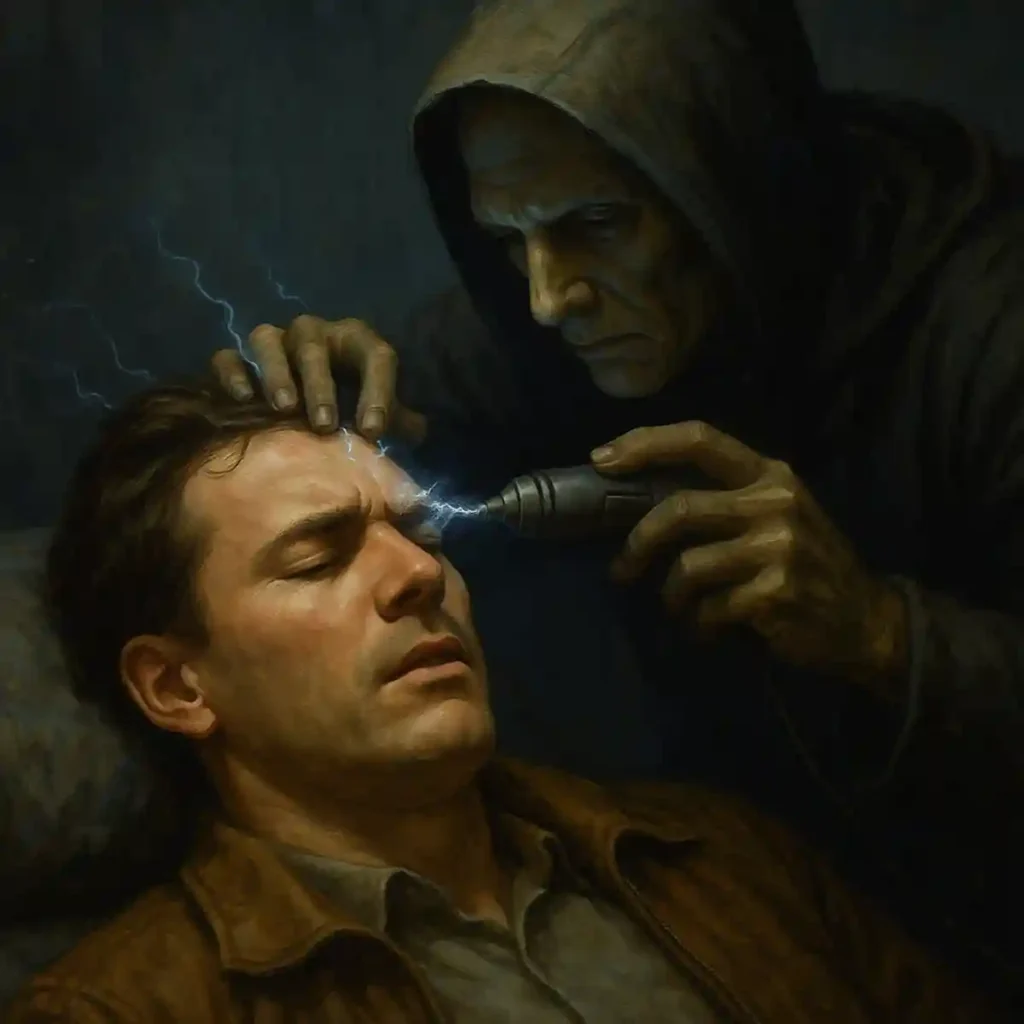Imagine being hunted by someone who hasn’t been born yet. Or worse—by someone you haven’t become yet.
Welcome to the twisted world of time travel assassin paranoia, where sleep is a liability, trust is obsolete, and every second might be your last—regardless of when it happens.
In temporal warfare, the enemy isn’t just out there. They’re out when. This paradox creates a psychological nightmare where even your future self could be an assassin assigned to eliminate you. In this article, we explore the mental toll, philosophical tension, and sci-fi storytelling potential of living in fear across centuries.
Time Travel as a Weapon—And a Curse
The idea of time-traveling assassins is a sci-fi staple. From Looper to The Terminator to The Silent Guardian, the premise is captivating: an elite agent sent to alter history by eliminating key targets. But with every advantage comes a terrifying cost—the collapse of cause and effect.
Unlike traditional warfare, you don’t defend a position in space—you defend a moment in time. And that moment is always under threat.
When the Enemy Has Your Schedule
In a linear world, danger moves forward. But for a time assassin, the threat vector is spherical. Someone could:
Know what you’ll do before you’ve done it.
Plant traps in your childhood.
Alter your memories—or your identity.
Appear as a friend from the future with hidden intent.
This creates a type of temporal paranoia—an ever-present fear that you’re walking into a setup that hasn’t even been built yet. It’s a unique mental torture: you’re not just hunted, you’re pre-hunted.
Can You Trust Your Future Self?
One of the darkest twists in time assassin lore is the idea that you are your own worst enemy—literally.
In some timelines, future versions of assassins are reprogrammed or radicalized and sent back to kill their younger selves. Others are unknowingly carrying out missions orchestrated by older versions of themselves in morally degraded states.
This raises a terrifying question:
If you don’t trust who you’ll become… how can you trust anything?

The Philosophy of Sleep Deprivation in Temporal Combat
Philosophers like David Lewis have explored time travel’s causal loops and paradoxes. But what happens to the human mind when consciousness is trapped in nonlinear time?
Sleep, a natural reset for mental health, becomes dangerous. Every moment of unconsciousness might invite:
A future agent planting false memories
Timeline tampering while you’re unaware
A swap with an alternate self from a divergent loop
Insomnia becomes a defensive mechanism. Time assassins don’t sleep because time doesn’t sleep—and neither do their enemies.
A Perfect Storm for Storytelling
This paranoia is fertile ground for science fiction. In The Silent Guardian, Adam must navigate missions without ever knowing who to trust—not even his own memories. The line between ally and enemy blurs when time itself is a weapon.
Writers can explore:
Ethical dilemmas: Can one choose not to kill when the victim is their future self?
Emotional trauma: What happens to identity when time fractures personal history?
Existential fear: How does one define a “present” when the past and future are constantly in flux?
Final Thought: The Enemy Is Always a Step Ahead—Because They Set the Steps
The horror of temporal assassination isn’t just physical—it’s existential. When cause and effect are unraveled, so is identity, morality, and sanity.
So the next time you read about or write a time travel assassin, remember:
They’re not losing sleep over the mission.
They’re losing sleep because time is hunting them back.
